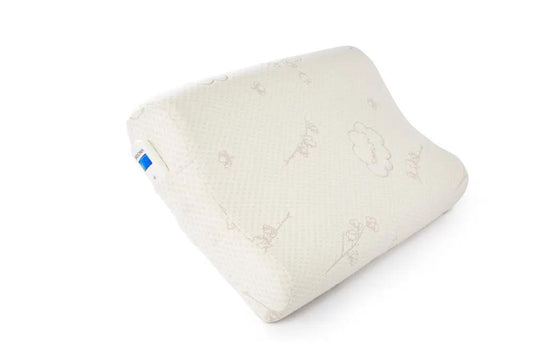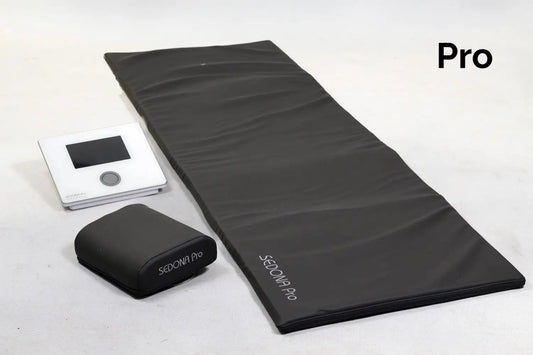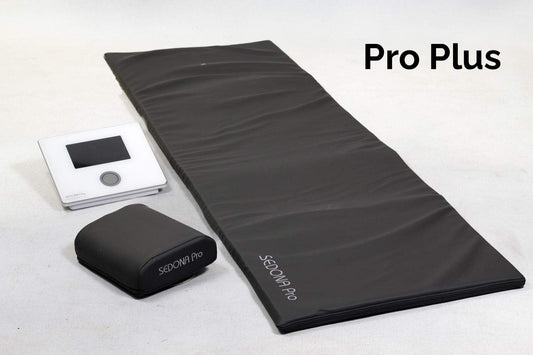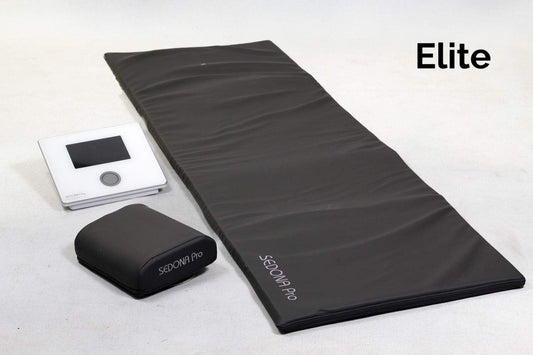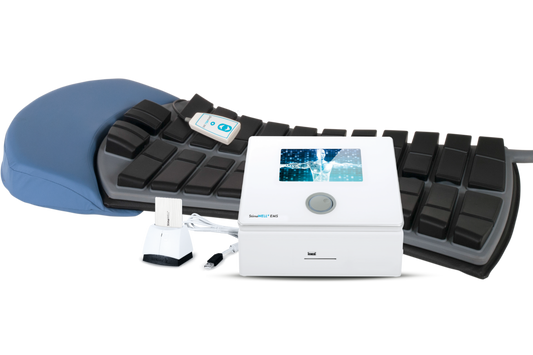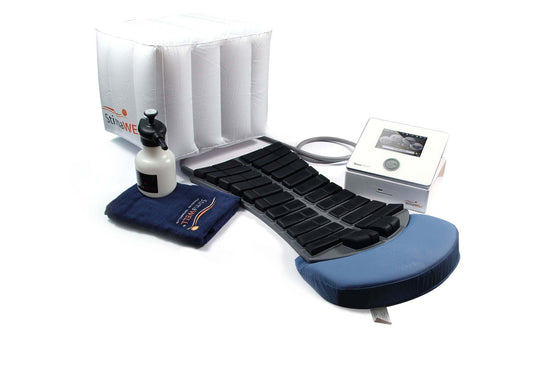
PEMF THERAPY FOR MYOCARDITIS
PEMF (Pulsed Electromagnetic Field) therapy is being explored as a supportive treatment for myocarditis, an inflammatory condition of the heart muscle often caused by viral infections, autoimmune diseases, or environmental toxins. This condition can lead to symptoms ranging from mild chest pain and fatigue to severe cardiac complications. Using a PEMF mat may help mitigate some of the effects of myocarditis by enhancing cellular function, reducing inflammation, and improving tissue repair. Here's a detailed explanation of how PEMF therapy can be beneficial for myocarditis and why investing in a PEMF mat could be an advantageous decision for managing this condition.
Understanding Myocarditis and PEMF Therapy
Myocarditis can disrupt the heart's electrical system and impair its ability to pump blood, causing arrhythmias, heart failure, or sudden death. Traditional treatment focuses on managing symptoms, treating underlying causes, and reducing cardiac workload. PEMF therapy offers a complementary approach by targeting cellular and molecular pathways that influence heart muscle recovery and inflammation.
How PEMF Therapy Helps with Myocarditis
Reduction of Inflammation:
Inflammation is a key component of myocarditis, leading to heart tissue damage and impaired function. PEMF therapy can modulate inflammatory processes by affecting the electrical charges of cell membranes, thereby reducing the production of inflammatory cytokines and enhancing the expression of anti-inflammatory compounds. This can help alleviate inflammation in the heart muscle and support overall cardiac health.
Enhancement of Cellular Repair and Regeneration:
PEMF therapy stimulates the body's natural healing processes at the cellular level, which is crucial for repairing damage caused by myocarditis. By improving cellular function and increasing the production of regenerative molecules, PEMF can aid in the recovery of heart tissues, potentially improving heart function and reducing the risk of long-term complications.
Improvement in Circulation:
Effective blood circulation is vital for delivering oxygen and nutrients to damaged heart tissues. PEMF therapy promotes better circulation by inducing vasodilation and enhancing microvascular blood flow, which helps nourish the heart and remove waste products, thereby supporting the healing process.
Stress Reduction:
Stress is a known exacerbator of heart conditions, including myocarditis. PEMF therapy has been shown to help reduce stress by calming the nervous system, which may decrease the strain on the heart and improve outcomes in myocarditis treatment.
PEMF MAT BENEFITS FOR MYOCARDITIS
Our PEMF mat is specifically designed to provide optimal therapeutic effects for individuals with myocarditis:
Targeted Treatment:
The mat’s design allows for targeted application of PEMF therapy directly to the chest area, ensuring that the heart receives the full benefits of the treatment.
Customizable Settings:
Our PEMF mat features adjustable settings for intensity and frequency, allowing treatments to be tailored to the specific needs and medical conditions of the user, enhancing both safety and efficacy.
Ease of Use:
Designed for user convenience, our PEMF mat can be used at home, enabling regular treatment sessions without the need to visit medical facilities frequently—a significant advantage for individuals managing chronic conditions.
Safety and Comfort:
Constructed with high-quality materials, our mat is safe and comfortable for regular use, providing a soothing experience during each therapy session.
CONCLUSION
Incorporating a PEMF mat into your health regimen could significantly enhance your management of myocarditis by reducing inflammation, promoting heart muscle repair, improving circulation, and helping to manage stress. This therapy provides a non-invasive, drug-free alternative or supplement to conventional treatments, offering a holistic approach to heart health.
RECOMMENDED PROGRAMS
If you already own one of our PEMF Mats we recommend these programs for Myocarditis:
-
SEDONA PRO/PRO PLUS PEMF MAT
Relax: 1, 2, 3, 4, 5
Wellness: 1, 2, 3, 4, 5, 6
-
SEDONA ELITE PEMF MAT
Wellness 1, 2
Longevity: 1, 2
STUDIES
-
Read Study
PubMed - Pulsed Electromagnetic Fields Increase Angiogenesis and Improve Cardiac Function After Myocardial Ischemia in Mice
-
Read Study
Research Gate - Pulsed electromagnetic field improves cardiac function in response to myocardial infarction
SEDONA WELLNESS PRODUCTS
-
SEDONA PEMF FACEMASK
Vendor:Sedona WellnessRegular price $390.00 USDRegular priceUnit price / per -
TIMMYZZZ PEMF PILLOW
Vendor:Sedona WellnessRegular price $390.00 USDRegular priceUnit price / per -
SEDONA PRO PEMF MAT
Vendor:Sedona WellnessRegular price From $5,900.00 USDRegular priceUnit price / per -
SEDONA PRO PLUS PEMF MAT
Vendor:Sedona WellnessRegular price From $6,900.00 USDRegular priceUnit price / per -
SEDONA ELITE PEMF MAT
Vendor:Sedona WellnessRegular price From $7,900.00 USDRegular priceUnit price / per -
SEDONA PEMF CHAIR
Vendor:Sedona WellnessRegular price From $16,900.00 USDRegular priceUnit price / per -
STIMAWELL EMS BACK MAT
Vendor:Sedona WellnessRegular price $16,900.00 USDRegular priceUnit price / per -
LONGEVITY LOUNGER PEMF BED
Vendor:Sedona WellnessRegular price From $21,900.00 USDRegular priceUnit price / per




